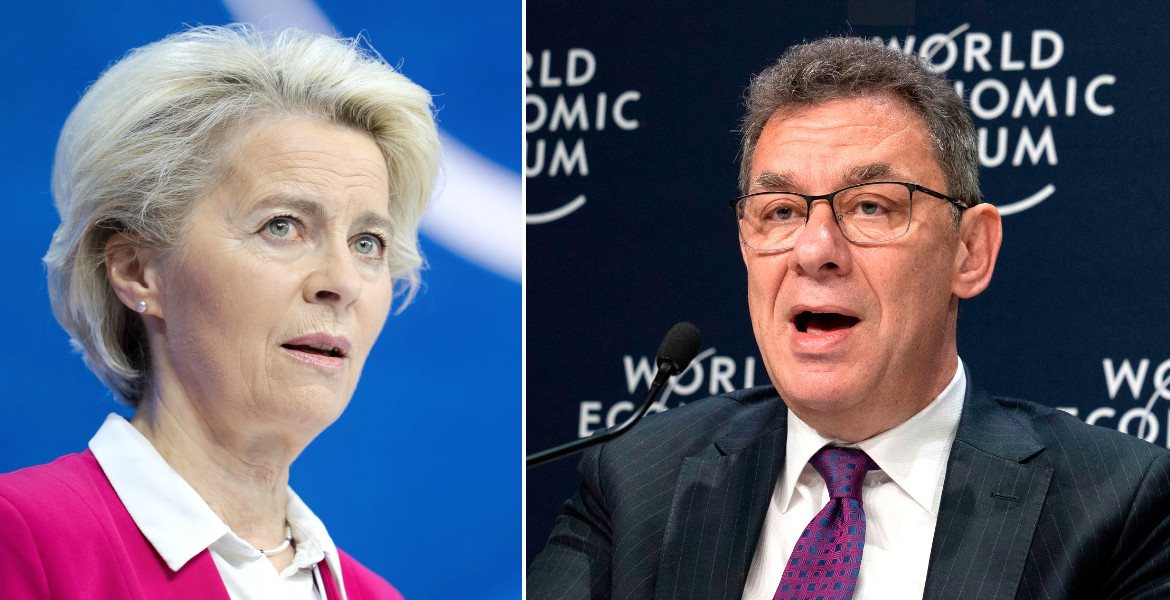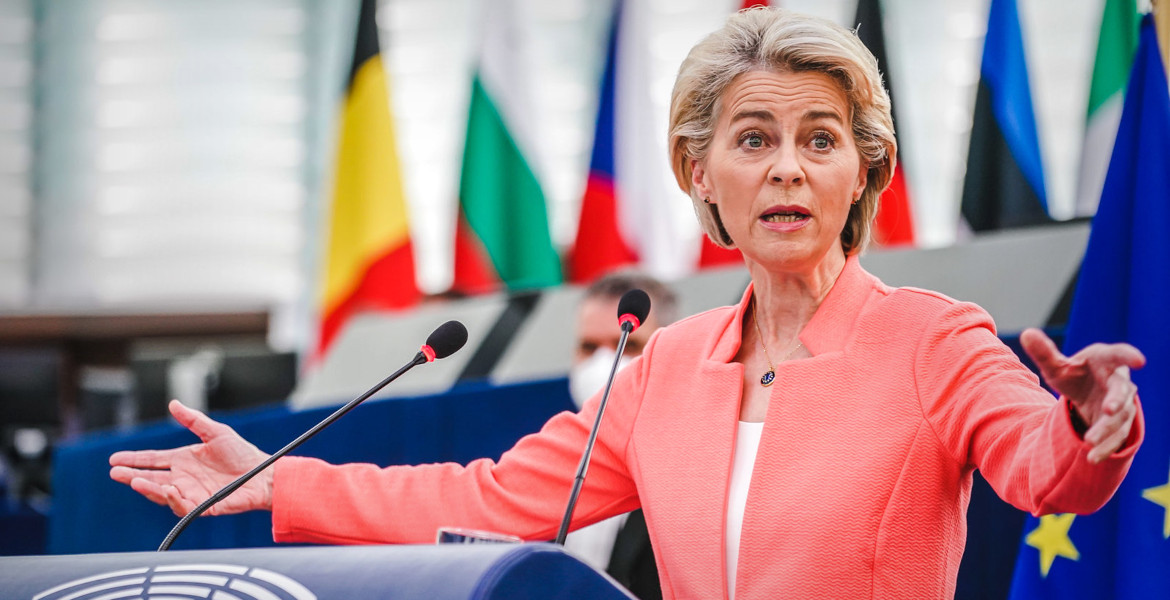The European Commission has been heavily criticized by the Court of Justice of the European Union for failing to provide the public with sufficient transparency on the covid-19 vaccine contracts signed with pharmaceutical companies during the coronavirus crisis. A decision that took almost three years to reach.
According to the court, the Commission failed to demonstrate how disclosure of the details would harm the commercial interests of the vaccine manufacturers.
The decision comes just one day before a vote in the European Parliament in which the current President of the European Commission, Ursula von der Leyen, is seeking re-election.
Back in October 2021, MEPs requested access to the contracts negotiated by the Commission to gain insight into the terms. Instead, they were only shown heavily redacted versions. Tilly Metz (Greens/EFA) is one of the MEPs.
– This ruling is significant for the future, as the EU Commission is expected to undertake more joint procurements in areas like health and potentially defence, said Tilly Metz, one of the MEPs who tabled the original request.
The alleged coronavirus pandemic has highlighted the issue of transparency in negotiations between the EU and big pharmaceutical companies. The European Commission was mandated by Member States to organize the joint procurement of vaccines during the pandemic and led the negotiations with the manufacturers.
According to the Court, joint procurement allowed the EU to quickly raise €2.7 billion to order more than one billion doses of vaccine for all 27 member states.
Victory! Together with my @GreensEFA colleagues I won the case against the @EU_Commission. 🙌🏼
@EUCourtPress confirmed that the EC did wrong in refusing access to some elements of the #Covid19 vaccine contracts signed with the pharma industry. pic.twitter.com/TKRVCWBGab— Tilly Metz MEP (@MetzTilly) July 17, 2024
Commission denies access to documents
In 2021, several MEPs requested full access to the contracts, but the Commission only granted partial access to some contracts and documents, which were published online in redacted versions. The Commission also refused to disclose how much it paid for the vaccine doses, arguing that the contracts were protected by confidentiality.
In a written statement, the court said that “the Commission did not take sufficient account of all the relevant circumstances in order to weigh up correctly the interests at issue”.
Two years ago, the EU ombudsman criticized the Commission for “maladministration” in a separate case in which a request for access to text messages between von der Leyen and Pfizer CEO Albert Bourla was rejected.
Ombudsman Emily O’Reilly recommended that the Commission would “do a more extensive search for the relevant messages” after the New York Times revealed that von der Leyen and Bourla had exchanged text messages and conversations about vaccine purchases for EU countries.
A journalist then requested access to the text messages and other documents, but the Commission did not provide any texts, saying that no records of such messages were kept.
Commission officials argued that text messages are ephemeral and do not contain important information that would justify their inclusion in a document management system.
– The new European Commission must now adapt their handling of access to documents requests to be in line with today’s ruling, said Metz.








